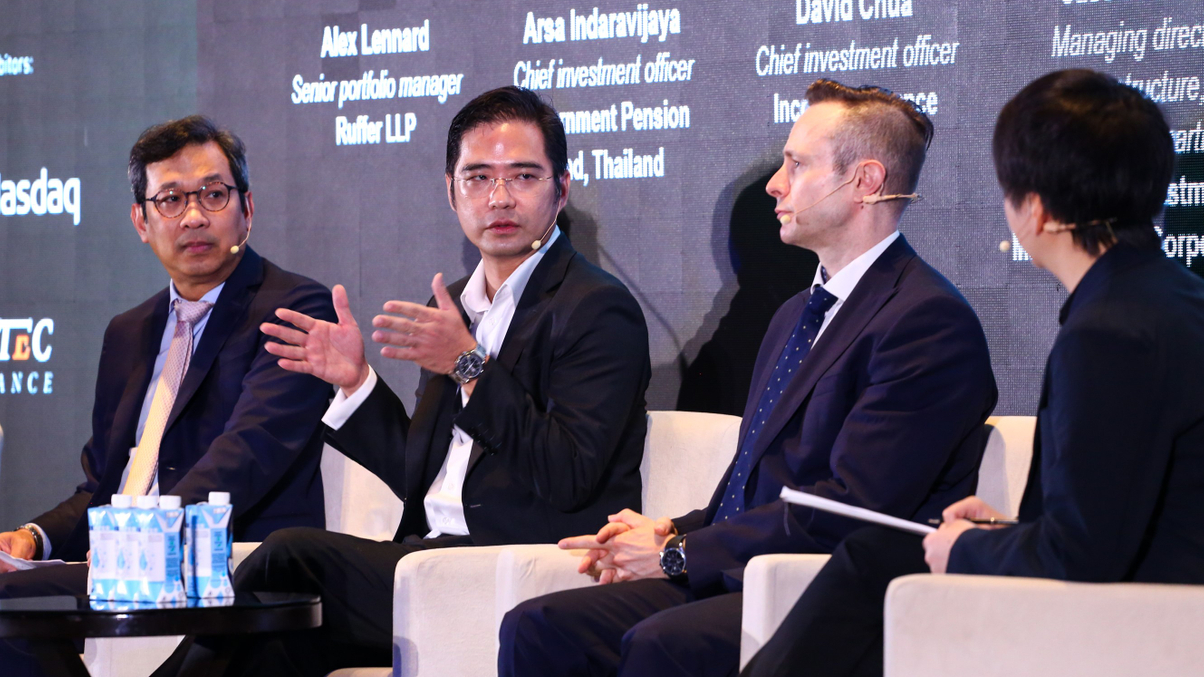Singapore's Income Insurance CIO says China 'still investable'
Income Insurance CIO David Chua says it’s too soon to write off China and notes the importance of China and the rest of Asia’s emerging markets for its portfolio allocation.

Singapore’s Income Insurance will not hastily write off Chinese investments or conclude the country is no longer investible, as it awaits policy actions to come into play, according to Chief Investment Officer David Chua.
Sign in to read on!
Registered users get 2 free articles in 30 days.
Subscribers have full unlimited access to AsianInvestor
Not signed up? New users get 2 free articles per month, plus a 7-day unlimited free trial.
¬ Haymarket Media Limited. All rights reserved.


